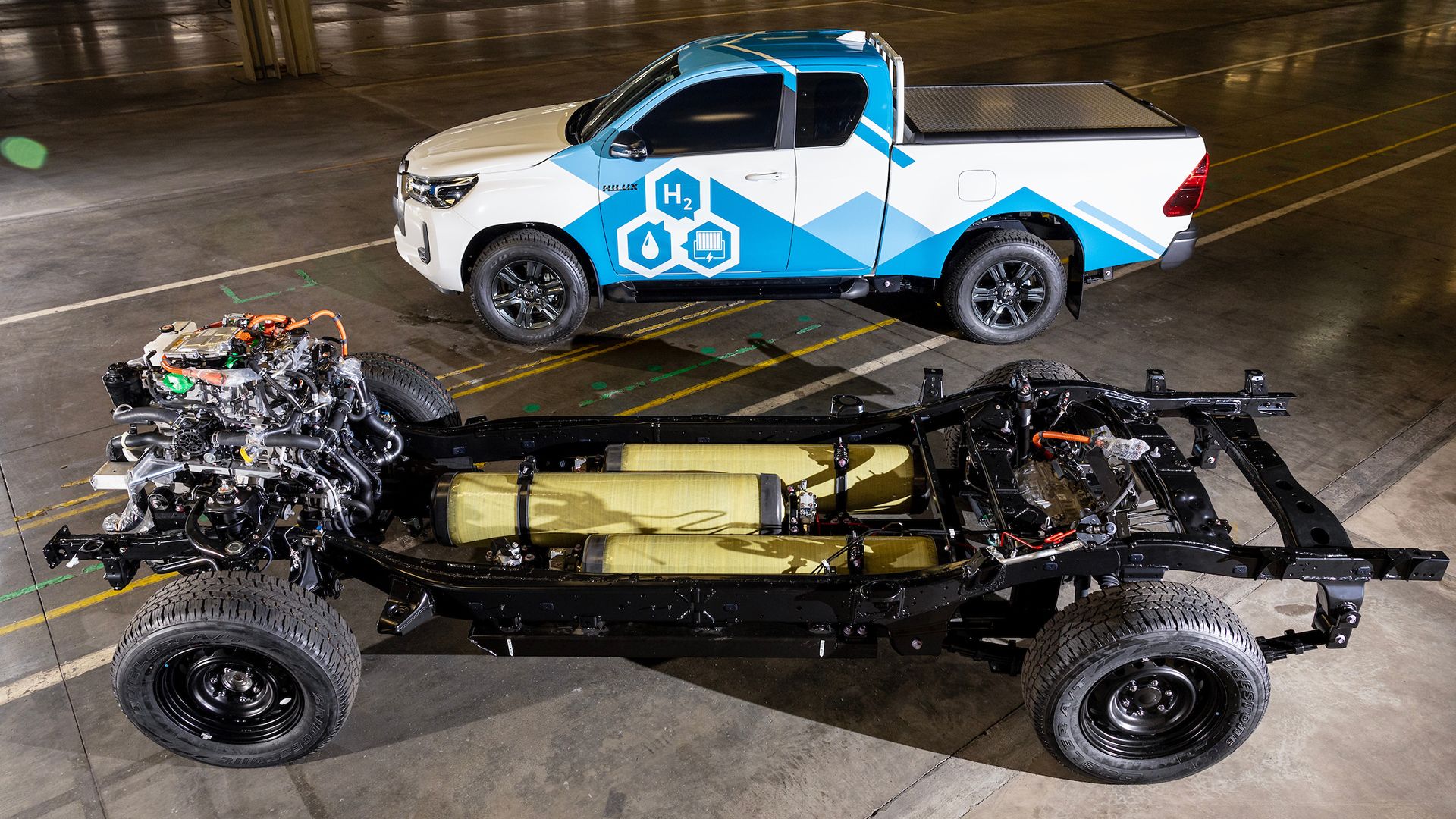
Their focus has solely been on electric vehicles, or EVs. This means that little attention has been given to other sustainable technologies, such as hydrogen. Hydrogen consists of a variety of technologies, rather than being just another energy source. This includes two types of hydrogen vehicles: hydrogen fuel cell electric vehicles (FCEVs) and hydrogen internal combustion engines (ICE).
Hydrogen technologies have been slow to gain momentum, as auto manufacturers and policymakers have heavily promoted EVs as the best solution for addressing climate change. However, it is important to acknowledge that battery technology is not the best fit for every situation. There are specific mobility applications where batteries cannot meet performance and endurance requirements.
Finally, there is growing recognition that addressing climate change requires more than simply transitioning every vehicle to EVs, especially for certain segments.
To provide the most up-to-date and accurate information, data for this article was sourced from various manufacturer websites and authoritative sources, including Cummins, RMI, and Automotive News.
Hydrogen Is A Better Fit For Heavy Duty Use
When it comes to heavy-duty industries, batteries have proven to perform poorly compared to their ICE counterparts. This is especially evident in heavy-duty trucks, where the appeal of FCEV trucks surpasses that of fully electric ones.
Toyota is a strong proponent of hydrogen ICE technology, as demonstrated by the GR Yaris, and truck manufacturers are also embracing hydrogen ICEs, such as Cummins and Terex collaborating on hydrogen ICE-powered cement mixer trucks.
Hydrogen ICEs and FCEVs Are Better Haulers
Hydrogen fuel cell technologies are better suited for trucks designed to transport heavy loads due to the significant range degradation experienced by battery EVs compared to diesel trucks. In the trucking industry, hydrogen FCEV trucks are more appealing than fully electric ones.
For example, the Hyundai XCIENT Fuel Cell 6×4 tractor deployed in California has a GCW of 82,000 pounds and a range of 500 miles, while the Volvo VNR Electric 6×4 tractor, with the same GCW, has a range of only 275 miles due to its large 565 kWh battery pack.
Hydrogen Is More Resistant To Fluctuating Temperatures
EVs experience range degradation in cold weather due to the impact of temperature on battery performance. In contrast, hydrogen FCEVs are powered by a chemical reaction between hydrogen and ambient oxygen, while hydrogen ICEs generate heat through the combustion process, making them less susceptible to temperature fluctuations.

